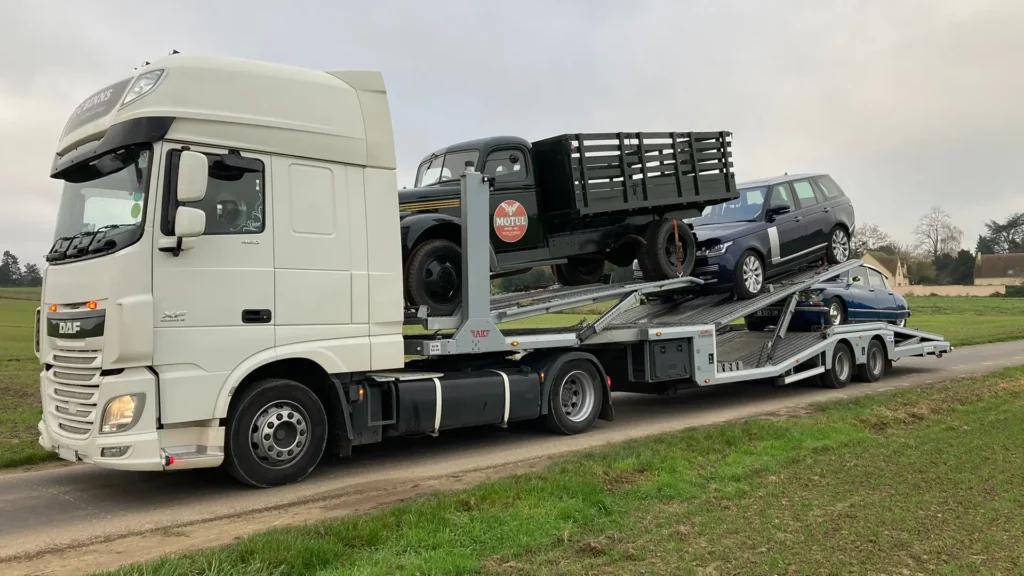Shipping a vehicle can be a complex process, especially for those unfamiliar with the ins and outs of the logistics involved. Whether you’re moving, selling, or relocating, understanding the basics of vehicle shipping in the UK is essential. In this guide, we address common queries and frequently asked questions to provide clarity and make the vehicle shipping process smoother for you.

1. How does vehicle shipping in the UK work?
Vehicle shipping involves transporting a vehicle from one location to another, typically by road, sea, or a combination of both. Shipping within the UK often includes door-to-door services, ensuring convenience for the vehicle owner.
2. How long does it take to ship a vehicle within the UK?
The duration of vehicle shipping within the UK can vary based on factors such as the distance between pick-up and delivery points, the shipping method chosen, and any specific requirements. Generally, it can take a few days to a couple of weeks.
3. What types of vehicles can be shipped?
Most vehicle shipping companies in the UK accommodate a wide range of vehicles, including cars, motorcycles, vans, and even specialty vehicles like classic cars or recreational vehicles.
4. Do I need to prepare my vehicle for shipping?
Yes, preparing your vehicle for shipping is crucial. This involves removing personal belongings, ensuring the vehicle is in good working condition, and documenting any existing damage. A comprehensive guide on preparing your vehicle is often provided by the shipping company.
5. Is my vehicle insured during the shipping process?
Reputable vehicle shipping companies typically provide insurance coverage for the duration of the transportation. It’s essential to clarify the extent of coverage and understand the terms of the insurance policy.
6. Can I track the progress of my shipped vehicle?
Many vehicle shipping services offer tracking options, allowing you to monitor the progress of your shipment in real time. This feature provides peace of mind and keeps you informed about the status of your vehicle.
7. What’s the difference between open and enclosed vehicle shipping?
Open transport exposes your vehicle to the elements but is cost-effective. Enclosed transport offers protection from the weather and road debris but is generally more expensive. The choice depends on your budget and the level of protection your vehicle requires.
8. Are there any size or weight restrictions for shipping a vehicle?
Vehicle shipping companies often have specific size and weight restrictions. It’s crucial to provide accurate details about your vehicle to ensure proper arrangements are made.
9. Can I ship multiple vehicles at once?
Yes, many vehicle shipping companies offer fleet or multi-vehicle transport solutions. This is a convenient option for businesses, dealerships, or individuals with multiple vehicles to transport simultaneously.
10. What should I do if there is damage to my vehicle during shipping?
Before accepting delivery, thoroughly inspect your vehicle for any new damage. If you notice issues, document them and inform the shipping company immediately. Most reputable companies have a claims process to address such situations.
In conclusion, understanding the fundamentals of vehicle shipping in the UK helps you make informed decisions and ensures a smoother process. If you have more specific questions or concerns, always reach out to your chosen vehicle shipping provider for personalized assistance. Smooth travels!

